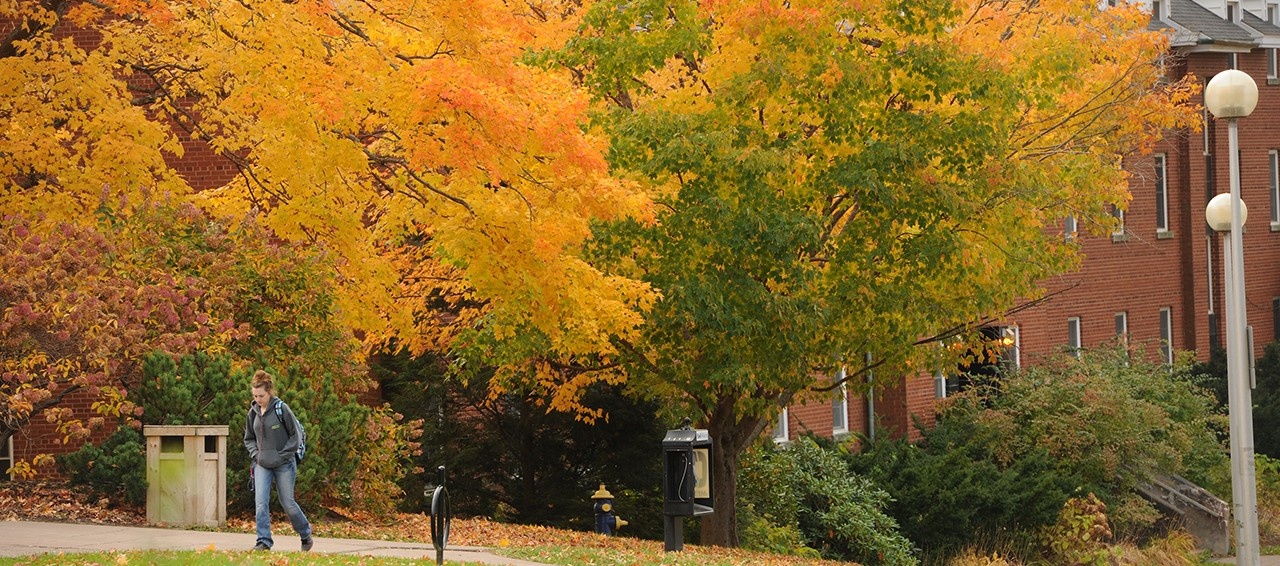SPEC2001 Special Topics: International Development & Food Security in Kenya
Next offering August 2026 - stay tuned for more information!
Course Information:
This 3-credit hour course is an opportunity for 12 students with a second year standing to study introductory topics in international development, with a focus on agriculture and rural development. The course will include a two-week study abroad trip in Kenya in collaboration with Meru University of Science and Technology (MUST).
This special topics 2001 course in International Development is entitled Student Internationalization & the Global Food System: Food Security Connections between Canada and Kenya. Dalhousie University’s Faculty of Agriculture is committed to dedicating its strategic focus (2020-2025) to addressing the significant challenges to local and global sustainability, food security and health and well-being in alignment with the United Nations Sustainable Development Goals. Achieving global food security while reducing negative environmental impacts is one of the most formidable challenges facing agriculture and rural communities. The Faculty of Agriculture seeks to work towards improving food security locally and globally through its teaching, research, and international partnerships. Key here is student international mobility, a top priority for the Faculty of Agriculture.
When: TBA
Where: Tigania West Constituency Meru, Kenya
Instructor(s): TBA
Student Cost (Estimated):
$6500 CAD
Included: airfare, accommodations, meals, local transportation.
Excluded: course & tuition fees, insurance, required vaccinations and physician consults, personal purchases (souvenirs, alcoholic beverages).
Funding Assistance
Information about funding assistance and payment schedule will be posted as information is confirmed. Watch for updates on our social media and website.
Study/Work International Fund (SWIF)
This course may be eligible to submit an application to the Study/Work International Fund (SWIF). SWIF was established by Dalhousie University as part of the Student Assistance Program, SWIF provides financial assistance to Dalhousie and King's students who want to take part in an international placement. There is a maximum award of $2,000 CAD per applicant. SWIF supports study, work, or practicum placements for which Dalhousie University will give a degree credit.
For more information on funding and eligiblity:
Contact Dalhousie AC International at intdalac@dal.ca.
Visit Dalhousie's International Learning Experiences Funding page for further details and eligibility information on SWIF and other funding opportunities.
